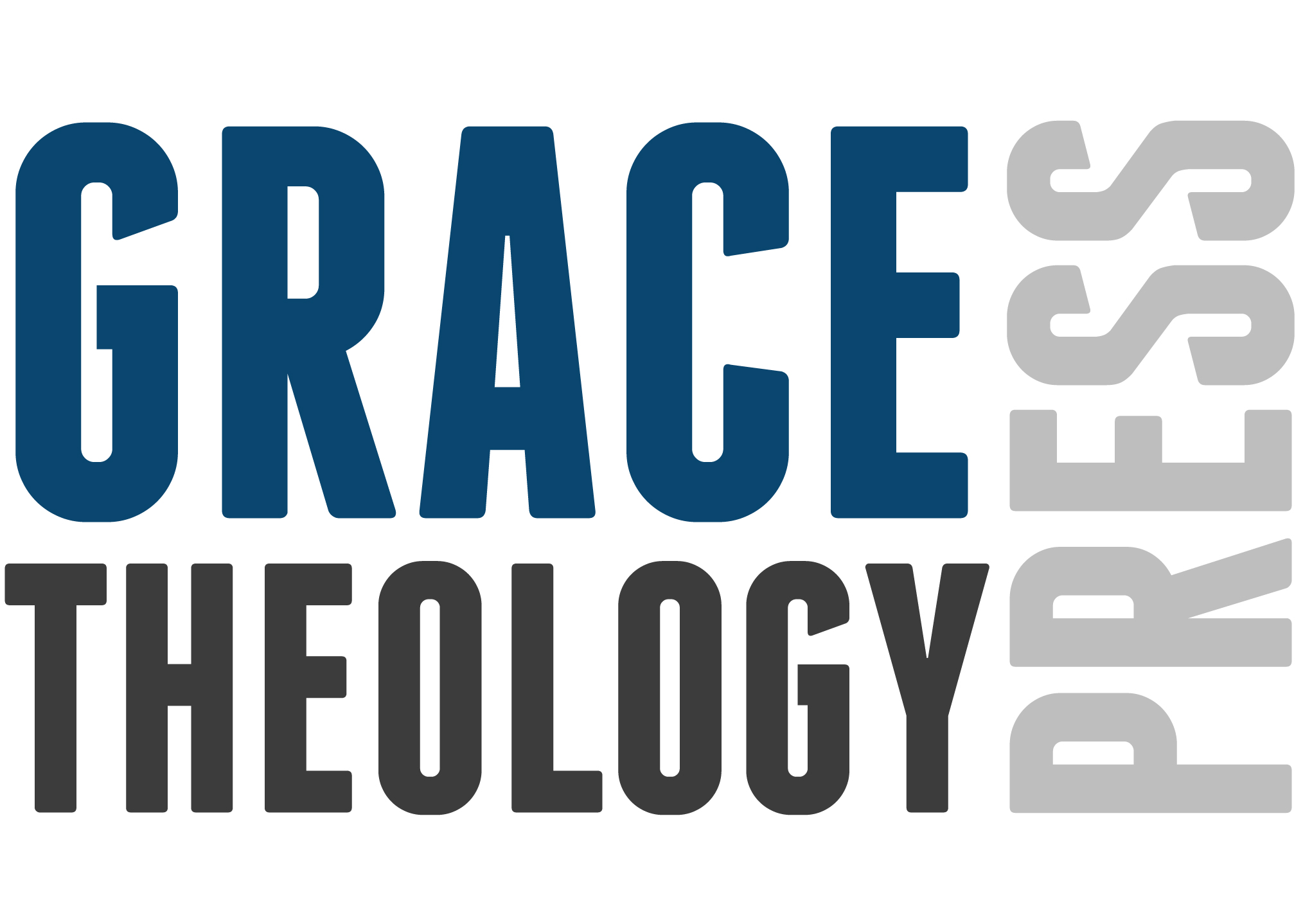The issue of radical charismatic theology has been a perennial problem for the church since the days of Montanaus. In our own day, it continues to bring difficulty to the church. The following are some insights from Dr. Dennis Waltemeyer.
——-
The Faith Movement, more popularly known as the Prosperity Gospel, has grown to become a serious threat to Bible believing Christianity. Faith teachers have taken full advantage of modern methods of travel and communication through radio, television, the internet, and the book publishing market to spread the Faith message throughout the world. It has taken third-world nations by storm, and created serious problems for Bible based missionaries in much of the world. Desperately poor people are easy marks for prosperity hustlers. Missionaries report that working in a nation untouched by any Christian presence is easier than evangelizing an area that has already been exposed to the Prosperity Gospel message.
Briefly, the Faith message is that words and thoughts have power and anyone can think or speak anything into existence through the creative power of their faith words and thoughts. The goal of Faith Theology is total life prosperity which is claimed to be the birthright of every Christian to the extent that life is perfected in every aspect of one’s temporal existence including health, wealth, and spirituality. Concerning health, the doctrine is that no one who has enough faith should ever experience illness; a peaceful death should come only at the end of a long lived, faith-filled life. Getting sick is your own fault; you lack the faith to stay well!
The Faith message could only have started in an already relatively affluent society where people have the notion that they are self-made and self-sufficient. Phineas P. Quimby, a nineteenth century occult mind scientist, introduced into American discourse the thought that people create their own reality because they possess the attributes of God and need only to think their desires into existence. These concepts were picked up by a professing Christian pastor named E. W. Kenyon, who reformulated them into doctrines that sounded Christian and used biblical terminology, and he promulgated them by means of books, a radio broadcast, and in the pulpits of local churches. The Faith Movement really came to life when a former Southern Baptist pastor turned Pentecostal named Kenneth E. Hagin began presenting Kenyon’s teaching as his own.
 In Christian circles, the term “New Thought” was renamed “Positive Confession” and promulgated by Norman Vincent Peale and Robert Schuller both of whom were not identified with the Pentecostal aspects of the Faith Movement. That situation served to introduce Faith Theology to a much wider spectrum of professing Christians, particularly Protestants. At this time, Joel Osteen should probably be considered the most popular, or at least the most well-known, propagator of Positive Confession, or Faith doctrines.
In Christian circles, the term “New Thought” was renamed “Positive Confession” and promulgated by Norman Vincent Peale and Robert Schuller both of whom were not identified with the Pentecostal aspects of the Faith Movement. That situation served to introduce Faith Theology to a much wider spectrum of professing Christians, particularly Protestants. At this time, Joel Osteen should probably be considered the most popular, or at least the most well-known, propagator of Positive Confession, or Faith doctrines.
Faith doctrines diminish God and elevate man to god status. Adherents of Faith Theology claim the same power to create reality that God possesses which results in man becoming his own god. At the same time, God is bound to do the bidding of everyone who calls upon Him in faith. This doctrine does not represent the God of the Bible; it presents the picture of God that Satan wants portrayed which results in a false, deceptive god who can save no one.
The underlying basis for Faith Theology is greed; it is all about accumulating wealth. The foundational worldview presented in this system is humanistic; it is not biblical. Every Faith teacher now preaches the seed-faith doctrine of accumulating wealth developed by Oral Roberts (Oral Roberts, The Miracle of Seed-Faith (Tulsa, OK: Oral Roberts’ Ministries, 1970)). This doctrine is a system of giving to get, and Faith teachers have used it to great effect to enrich themselves.
It is illuminating, and alarming, to realize that the doctrine of Positive Confession is occult. In occult thought, the same doctrine is called the Law of Attraction. A New Age woman named Esther Hicks channeled a “spirit being” named Abraham who introduced her to this Law of Attraction. The Law of Attraction is simply “That which is like unto itself, is drawn” (Esther and Jerry Hicks, The Law of Attraction: The Basics of the Teaching of Abraham (Carlsbad, CA: Hay House, Inc., 2006, 29)). Thoughts and words create reality, good or bad, for everyone, saved or unsaved. This is exactly the same doctrine Faith Theology is teaching throughout the professing Christian world today.
This article is written by:
Dennis Waltemeyer, Phd
Fredericksburg Bible Church
Fredericksburg, TX.














